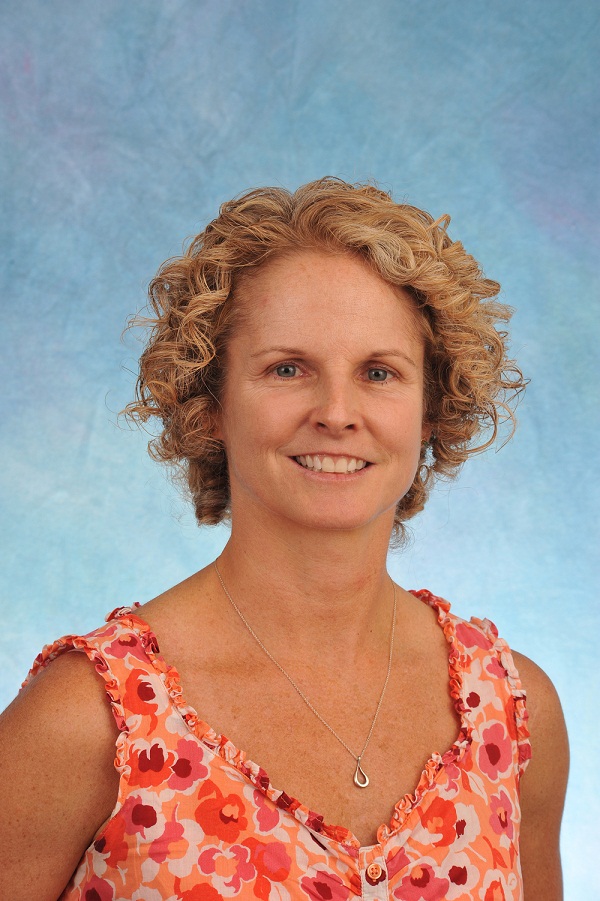This study is believed to be the first to measure attitudes toward e-cigarettes among physicians treating adult smokers.

Wednesday, July 30, 2014
Physicians are increasingly discussing and recommending electronic cigarettes (e-cigarettes) as cessation devices for their patients, but more research needs to be done on their efficacy and safety, according to a new survey of North Carolina physicians published in PLOS ONE. This study is believed to be the first to measure attitudes toward e-cigarettes among physicians treating adult smokers.
“Even in the absence of evidence regarding the health impact of e-cigarettes and other vaping devices, a third of physicians we surveyed are recommending e-cigarettes to their patients to help quit smoking,” said Leah Ranney, PhD, one of the authors of the survey and associate director of the Tobacco Prevention and Evaluation Program at UNC. “Yet, e-cigarettes are not approved by the FDA for smoking cessation. It is clear that physicians should refrain from recommending e-cigarettes until more is known about their safety.”
The study found that physicians were more likely to recommend e-cigarettes when their patients asked about them or when the physician believed e-cigarettes were safer than smoking standard cigarettes. However, physicians often have inconsistent information about the safety of using e-cigarettes and in this survey 13 percent are unaware that e-cigarettes are not approved by the FDA. “Physicians may choose to use FDA approved medications rather than devices and products not approved by FDA,” says Dr. Adam Goldstein, a UNC Family Medicine physician and study co-author.
The study surveyed a random sample of 128 North Carolina physicians about their attitudes towards e-cigarettes. Two thirds (67 percent) of the surveyed physicians indicated e-cigarettes are a helpful aid for smoking cessation, and 35 percent recommended them to their patients.
The authors of the article are Kelly Kandra, PhD, in the Department of Psychology at Benedictine University; Leah Ranney, PhD, in the Department of Family Medicine at University of North Carolina School of Medicine; Joseph Lee, MPH, in the Departments of Family Medicine and Health Behavior at the University of North Carolina at Chapel Hill; and Adam Goldstein, MD, MPH, in the Department of Department of Family Medicine at the UNC School of Medicine.
